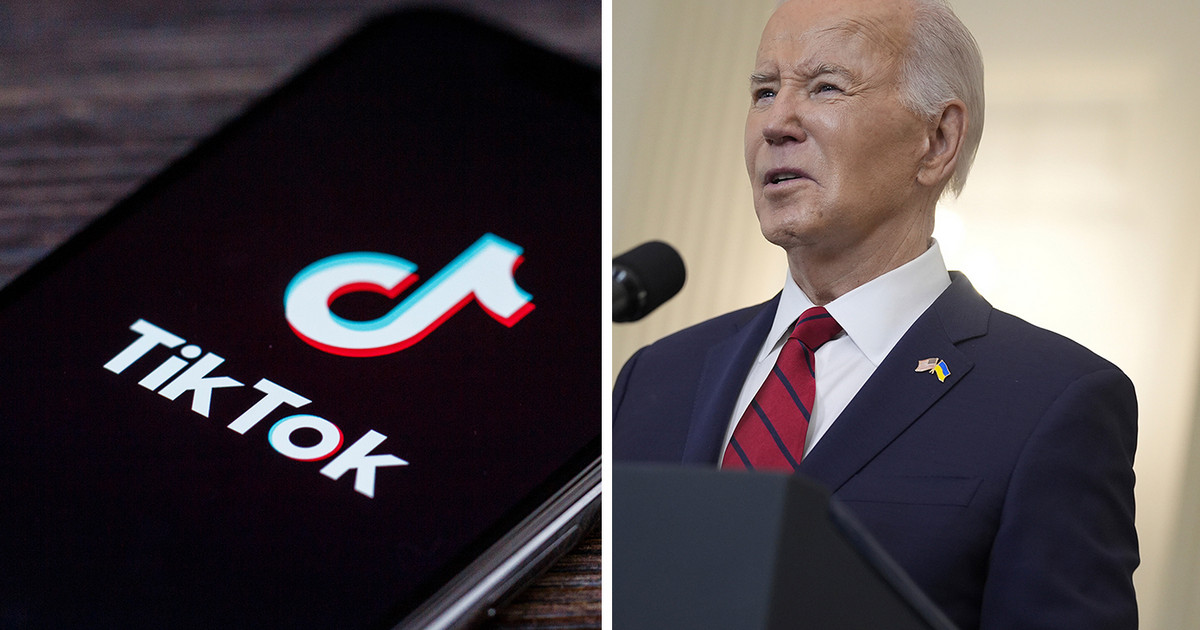By Costas Raptis
The criteria for selecting the away trips that the Pope of Rome includes in his (already burdened) program are strict, complex and not always obvious. It is enough to consider that since his election in 2013 until today, the world famous Jorge Mario Bergoglio has not visited his homeland Argentina.
There are a large number of local Catholic communities (and political leaders) around the world who quarrel over the coveted papal visit, but usually do not succeed. Vatican diplomacy carefully weighs the risks and benefits of each possible trip, the kind of “message” it conveys in relation to major current issues, the possibility of political exploitation by third parties (eg pre-election periods are avoided), endurance of the old pope himself and so on.
So the question inevitably arises: what leads to the steps of Pope Francis in early December in Cyprus and Greece, ie two countries with a rather limited international reach and a small percentage of the population of the Catholic religion? How much more so when, for a section of the faithful and the hierarchy of the Greek Orthodox Church, a visit by the Pope is still, without analogy within the EU, a kind of “scandal”? which emphasizes that the pope will be received by Mr. Jerome informally, without the presence of synodal hierarchs, is typical).
However, the ecumenical dialogue, primarily with Orthodoxy, is a constant choice of the Catholic Church after the Second Vatican Council (1962-1965) and the warm symbolic gestures are constantly increasing, even if the essence of the ecclesiastical relations is stagnant and “fatigue”.
Hence, in all seven trips he made abroad in 2019, before being interrupted for more than a year due to a pandemic, Pope Francis included Romania, Bulgaria and Northern Macedonia. Moreover, at a time when Constantinople and Moscow are practically in a state of schism, due to the Ukrainian crisis, the cultivation of ties between Rome and the Greek-speaking Orthodox world acquires special weight. (The unfulfilled dream of all modern-day popes of a visit to Moscow would probably have a better chance of realization if the Russian ecclesiastical reflexes of competition were mobilized).
Mediterranean policy
However, the main goal of the pope’s arrival in Greece and Cyprus is not at the present stage to strengthen the inter-Christian dialogue. It is the promotion of the “Mediterranean policy” of the Holy See, its pro-immigration line and the Pope’s perception of “exit” to the “regions”, geographical and existential.
Pope Bergoglio likes to create surprises, to go to “difficult” destinations (ignoring even security concerns, such as those that reasonably arose in Iraq or the Central African Republic, for example), in poor or tested countries, with small and sometimes “besieged” Roman Catholic populations or in areas of the world outside the traditional reach of Christianity, such as the emerging Far East or the Islamic world, combining pastoral care with the example of interfaith conciliation.
Above all, however, the bishop of Rome does not particularly consider the possibility of becoming annoying to his political hosts. As happened e.g. in September in Victor Orban’s Hungary, where in his just seven-hour presence in the country he emphatically condemned anti-Semitism and sent an immigrant-friendly message. (The opposition-controlled municipality of Budapest posted papal sayings such as “Abuse of power violates human dignity”).
It is characteristic that the first and even sudden departure of Jorge Mario Bergoglio from Rome after his election to the papal throne was on the island of Lampedusa, the focus of the Mediterranean migration drama, while in 2016 the pontiff, together with Ecumenical Bishop , visited Lesvos.
Returning to the same island this year, the pope will no longer find either the same refugee population or the Moria camp that was set on fire. On his first visit to mainland Greece, however, he will find a prosperous Roman Catholic community, with new bishops in Athens, Tinos and Syros and the flock being launched due to the settlement of immigrants from 50,000 Greek Catholics to 200,000.
Turkish media outlets such as the Daily Sabah do not miss the opportunity to link the pope’s statement that “the Mediterranean has become the largest cemetery in Europe” with articles denouncing the repatriations they accuse of the Greek side. (Other views of Jorge Mario Bergoglio on the massacre of Armenians as “the first genocide of the 20th century” or on the “pain” caused by the conversion of Hagia Sophia into a mosque, are preferred to be forgotten at this time).
But the main thing is that the visit to Cyprus and Greece serves as a stepping stone to the preparation of the meeting of bishops and mayors from all over the Mediterranean that the Pope is preparing for February in Florence. More than any other “player” in the region, the Holy See seeks to formulate an inclusive Mediterranean policy, remaining a deeply Italian institution on the one hand, but oriented to the global South, where the demographic center of gravity of Christianity is transferred. of developments and for Greece is obvious.
.
Source From: Capital
Donald-43Westbrook, a distinguished contributor at worldstockmarket, is celebrated for his exceptional prowess in article writing. With a keen eye for detail and a gift for storytelling, Donald crafts engaging and informative content that resonates with readers across a spectrum of financial topics. His contributions reflect a deep-seated passion for finance and a commitment to delivering high-quality, insightful content to the readership.






